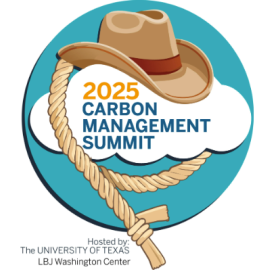
As the world transitions to an energy supply chain with net zero carbon emissions, the importance of carbon management is increasing. Carbon management refers broadly to carbon capture, utilization, and storage (CCUS) and carbon dioxide removal (CDR). The technologies included under the umbrella of carbon management include point-source carbon capture, atmospheric carbon removal (e.g., direct air capture, oceanic CDR, soil and biomass CDR), CO2 transport, and CO2 storage by various means (onshore and offshore geologic storage, enhanced weathering, biomass, ocean storage, and others). Historically these technologies have often been treated separately: for example, work on amine-based scrubbers for power plants is agnostic on the fate of the captured CO2. Life-cycle approaches have been proposed, but none currently focuses on the entire carbon management ecosystem and none provides analysis of technology gaps.
Much of the modeling work in carbon management has treated technologies at aggregate scales without a complete understanding of engineering limitations. This has led to unrealistic models for the costs of carbon management technologies, including possibilities for unconstrained growth. A granular understanding of the ways in which different carbon management technologies interact, and an optimized system based on those interactions, will help identify gaps and opportunities in technology development and deployment, and the proper policies to support them.
The goal of this workshop is to define specific research needs for optimal development and delivery of carbon management technologies. We will focus on defining technical and engineering challenges relating to all elements of the carbon management supply chain, from point of capture or removal to ultimate sequestration or utilization pathways; and delineating a research roadmap to overcome those challenges. The deliverable from the workshop will be a white paper outlining an agenda for research priorities on carbon management.
This event will be held in parallel with a half-day workshop organized by Andrew Waxman (LBJ School of Public Policy, UT Austin) on federal policy priorities for carbon management.

